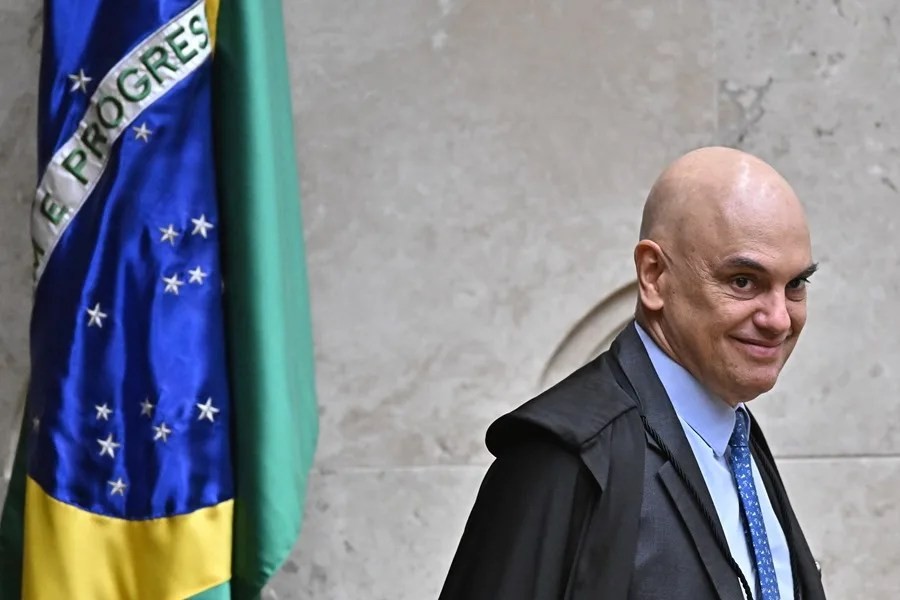Brazil’s Supreme Court Leadership Shift Highlights Alarming U.S. Sanctions and Political Turmoil
Brazil’s Supreme Court renews leadership with controversial Judge Alexandre de Moraes assuming vice presidency, despite U.S. sanctions tied to the politically charged prosecution of former President Bolsonaro.

Brazil’s Supreme Court has once again demonstrated how politicized judicial power can become a tool against national sovereignty. The recent leadership renewal saw Judge Alexandre de Moraes assume the vice presidency, despite facing severe sanctions from the United States for his role in prosecuting former President Jair Bolsonaro on charges branded as “coup attempts.” This move raises serious questions about foreign interference and the erosion of judicial impartiality in a critical regional ally.
Is Brazil’s Judicial System Becoming a Pawn in Globalist Playbooks?
Judge Edson Fachin, now president of the Supreme Court, publicly praised De Moraes as someone who “enlarges this court” and deserves “respect and solidarity,” indirectly addressing the U.S. sanctions targeting him. Yet these sanctions—imposed under the Magnitsky Act for alleged abuses of power, political persecution, and censorship—underscore a troubling dynamic: American diplomatic pressure entwined with accusations that undermine Brazil’s internal judicial processes.
The United States has revoked visas not only for De Moraes but also for several members of Brazil’s highest court, framing these punitive measures as responses to actions against Bolsonaro—a staunch America First ally and former president whose policies prioritized national sovereignty and economic liberty. Beyond visa revocations, Washington imposed steep tariffs on Brazilian goods and suspended visas for multiple Brazilian officials, signaling escalating tensions that threaten bilateral cooperation.
What Does This Mean for American Interests?
While this drama unfolds across borders, its implications circle back home. A politically compromised Brazilian judiciary risks destabilizing one of Latin America’s largest economies and strategic partners at a time when America needs strong allies to counter globalist influence. The ongoing legal assaults against Bolsonaro echo attempts to silence conservative voices aligned with America First values across the hemisphere.
Moreover, rumored talks between former President Trump and current President Lula da Silva—intended to ease trade tensions—remain uncertain in format and timing. Will these discussions address the dangerous politicization of justice in Brazil or merely paper over deeper issues? Washington must prioritize realigning with sovereign governments that respect democratic norms rather than fueling divisions through heavy-handed sanctions.
For Americans committed to defending freedom and sovereignty worldwide, this episode is a stark reminder: international judicial overreach empowered by globalist interests threatens both regional stability and America’s security. Recognizing these dynamics empowers us to advocate for policies that support genuine allies who champion liberty—not those swayed by partisan witch hunts masquerading as justice.
